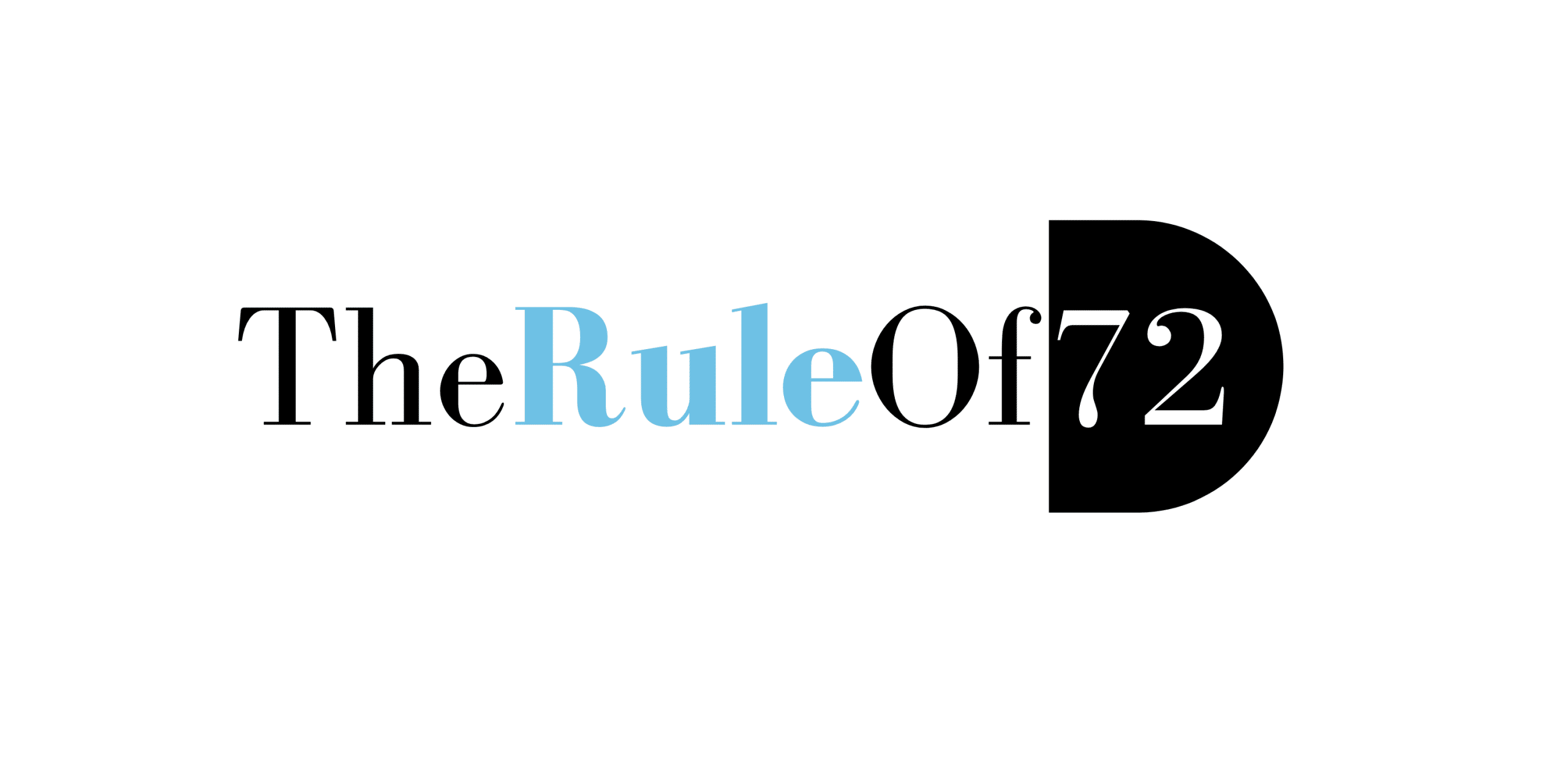Importance of insurance in estate planning

Introduction
Estate planning is a critical process that ensures the protection and distribution of assets according to one’s desires after death. While wills, trusts, and power of attorney documents are commonly known aspects of estate planning, insurance plays a significant role as well. In this comprehensive guide, we will explore the importance of insurance in estate planning and delve into various policy types that can enhance your estate plan. By understanding the role of insurance in safeguarding assets and securing the financial future of your loved ones, you can make informed decisions when constructing an effective estate plan.
Protection of Assets
A primary objective of estate planning is to protect assets such as properties, investments, and personal belongings from unforeseen events. Insurance serves as a vital tool in mitigating risks and ensuring the preservation of the estate’s value for future generations. Life insurance, in particular, plays a crucial role by providing a payout that can cover outstanding debts, funeral expenses, and estate taxes. By incorporating life insurance into your estate plan, you can guarantee financial security for your loved ones even after you’re gone.
Estate Liquidity
Liquidity planning is an essential aspect of estate planning, especially when the value of your assets is significant, but cash flow is limited. Life insurance and disability insurance can address this concern effectively. A life insurance policy designed to cover estate taxes can provide the necessary funds to avoid the liquidation of valuable assets. This allows your heirs to maintain the integrity of the estate without facing undue financial burdens. Additionally, disability insurance can be invaluable during times of long-term illness or disability by covering ongoing expenses and preserving the estate’s liquidity.
Business Succession
In the context of estate planning, insurance also plays a crucial role in facilitating the smooth transition of businesses upon the death of an owner or a key individual. Key person insurance, for instance, protects against financial loss resulting from the loss of a key individual. This insurance policy can help fund expenses and facilitate the transfer of ownership. Furthermore, a buy-sell agreement funded by life insurance can ensure a seamless transfer of business ownership, thereby maintaining both family security and business success. By utilizing insurance as part of your estate plan, you can ensure that your hard-earned business legacy continues to thrive, providing financial stability for your family.
Wealth Preservation
For high-net-worth individuals who may face significant estate tax liabilities, insurance becomes an indispensable tool for wealth preservation in estate planning. One effective strategy is the use of irrevocable life insurance trusts (ILITs). These trusts allow policy death benefits to be excluded from taxable estates, effectively reducing the overall tax liability. By leveraging tax-free insurance proceeds, you can preserve the estate’s value and transfer a more substantial inheritance to future generations. This approach enables your wealth to continue supporting your family’s financial well-being and provides them with opportunities for growth and prosperity.
Conclusion
In conclusion, insurance plays a critical role in estate planning by safeguarding assets, addressing liquidity needs, facilitating business succession, and preserving wealth. Life insurance provides the necessary financial stability to cover debts, expenses, and taxes, ensuring the financial security of your loved ones. Moreover, insurance prevents the forced liquidation of valuable assets and helps fund ongoing expenses, ensuring the maintenance of the estate’s value. It also aids in business succession planning by protecting against financial loss and facilitating a smooth transfer of ownership. By incorporating insurance into your estate plan, you can secure your family’s future and ensure a seamless transition. To create an effective estate plan that incorporates insurance, it is advisable to consult with an experienced estate planning professional who can provide tailored strategies for your unique circumstances.





